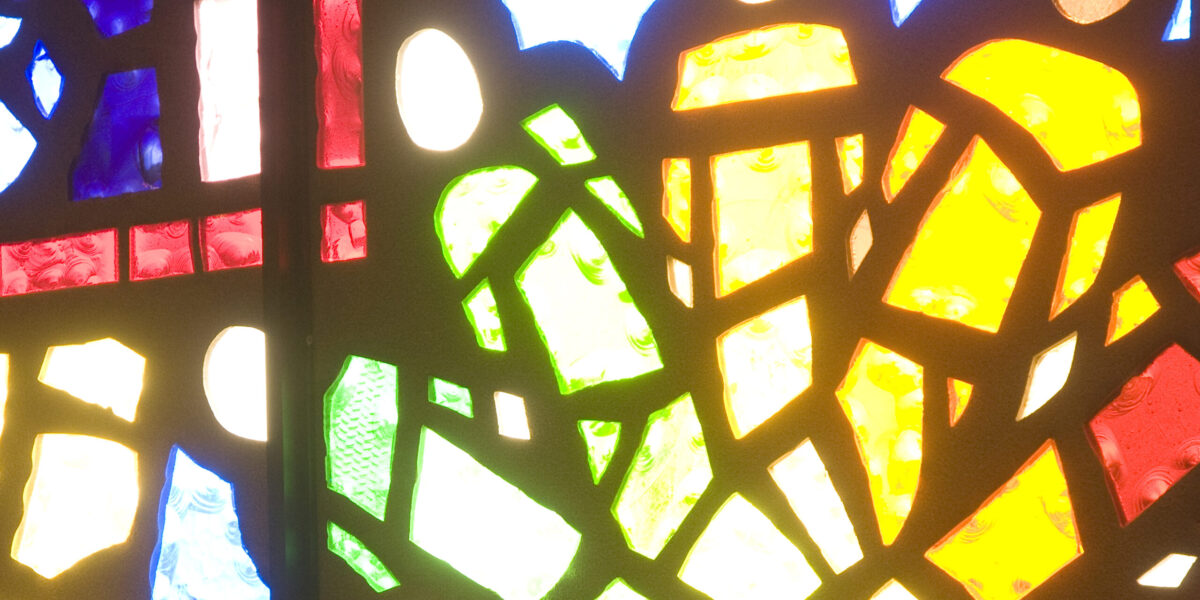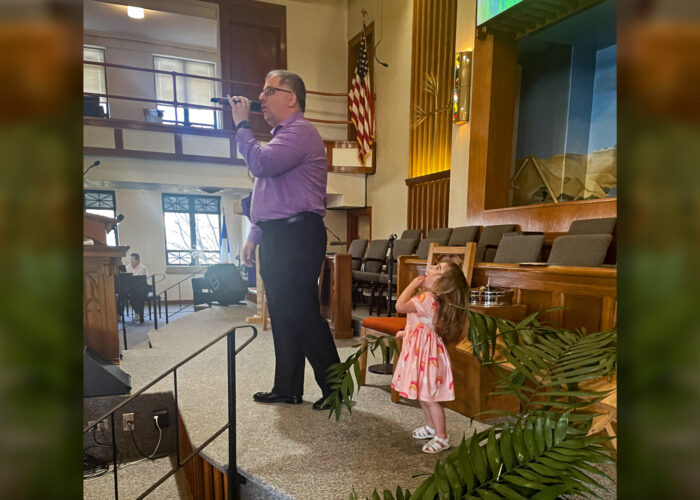My friends and co-workers of color have patiently walked alongside me and graciously invested themselves in helping me recognize my own racism. They also tell me, “You White people need to start doing your own work.” I agree. However, when White people talk with each other, it so often feels like we help each other think of new justifications for the many ways we live in denial. It’s hard to see our own spiritual bankruptcy and neediness. We are like the blind leading the blind. Or, maybe we are just too comfortable in our snug beds of White privilege. We don’t really want to open our eyes to the harsh dawn of how we personally benefit from a system that has stolen and continues to steal from People of Color to give us more than our share.
Daniel Hill’s White Awake: An honest look at what it means to be white has the potential to shake White people out of their dream world. This is the resource I’ve been longing for. It gives us the language to share with Bible-believing Christians the absolute urgency of dismantling the human construct of racism. Drawing from Jesus’ ministry and other biblical texts, this book maps out a seven-stage journey that guides White Christians willing to do their own hard work of confronting the narrative of racial difference.
Hill likens White people’s awakening to the encounter of Nicodemus and Jesus (John 3). Jesus calls into question everything Nicodemus believed and everything he had accomplished to climb into the position of power he held in the Jewish ruling council. When Jesus told Nicodemus that no one can see the kingdom of God unless they are born again, Jesus’ truth-telling was confrontational and inflammatory. “Being born again” is not a tweaking of a system. It is something radically different! How could Jesus even suggest that a well-respected Jewish man should perform such a disgusting act that would render him unclean – to crawl back into the womb of a woman and emerge as a baby with no power at all? Inconceivable!
Hill describes the dangers of color-blindness and explains why White people’s good intentions often lead to harmful consequences. He guides the reader though stages that mark White people’s movement from blindness to sight: encounter with racism, denial, disorientation, shame, self-righteousness, awakening, and active participation in undoing racism.
To the question White people notoriously ask, “What are we supposed to do?” Hill suggests a more appropriate starting place – prayer! “Jesus, will you help me to see?”
Nothing was required of Nicodemus other than surrender. “The transformational metaphor of blindness-to-sight is used throughout the Bible,” Hill says. But transformation doesn’t come easily as White people struggle to take a clear-eyed look at four interlocking racial realities in the United States:
- The social construct of race.
- The history of White superiority.
- The narrative of racial difference.
- Our infected social systems.
“You may feel frustrated, defensive, or angry – or sad, defeated, or overwhelmed. If and when you do, I hope that you will see it as an opportunity to embrace the tension, discomfort, and uneasy feelings.” (White Awake, p. 49)
After having gone through the slow and pain-filled stages to becoming awakened White people, Hill doesn’t minimize the importance of concrete action as an active participant in “making earth more like heaven.” He suggests about a dozen ways, such as:
- Educating ourselves; reading authors from a wide spectrum of viewpoints to uncover our blind spots.
- Moving out of our safe spaces and getting proximate to suffering, like Jesus did.
- Placing ourselves under the leadership of People of Color.
Dr. Martin Luther King, Jr. wrote: “Shallow understanding from people of good will is more frustrating than absolute misunderstanding from people of ill will.” He believed that White politically progressive people were a greater threat to racial reconciliation than the Ku Klux Klan. That’s incentive enough for this reader to continue the journey toward racial reconciliation!
Hill gives White followers of Jesus a prescription to heal our blindness, and tools to be effective in the long, hard battle against racism. He concludes with Hebrews 12:1-2: “… let us throw off everything that hinders and the sin that so easily entangles. And let us run with perseverance the race marked out for us, fixing our eyes on Jesus …"





